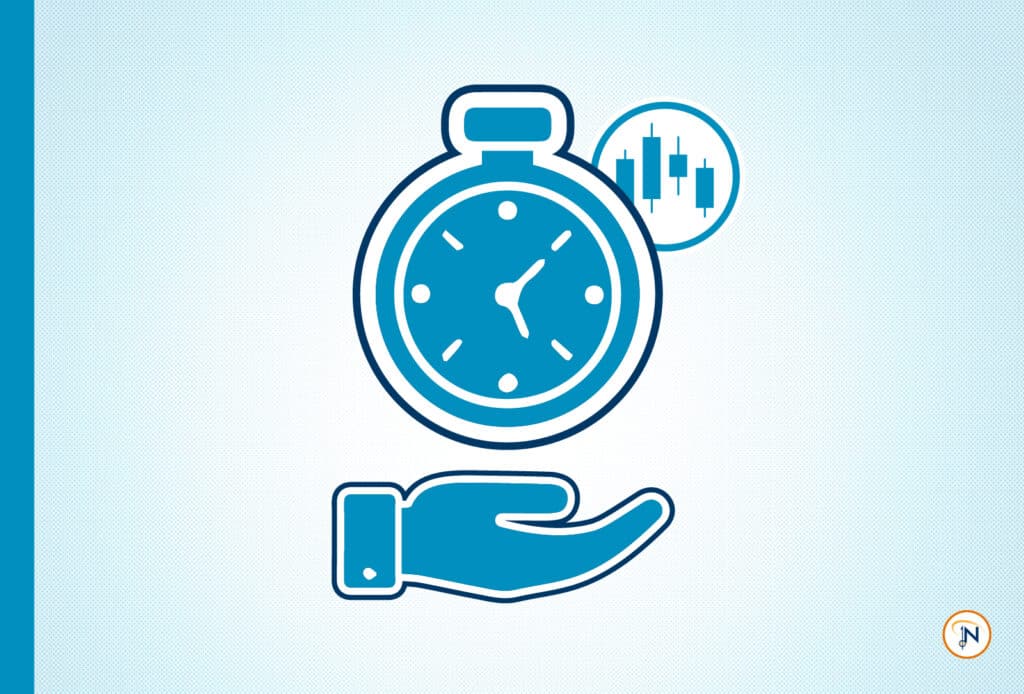What if you could save 5 minutes per individual that your agency serves? 10 minutes? 15? Even a few minutes per person could make a substantial impact on your team’s ability to manage their time and their caseload.
It’s time to re-think your assessment strategy. Even the most assessment-savvy agencies are losing precious minutes on non-essential assessment questions, and saving your team that extra five or more minutes is easier than you think.
“Our customer agencies continue to be tasked with doing more for less. Staff turnover, strained budgets and the call for better and faster rehabilitation – which is very hard work, by the way – means these people really must work smarter,” said Becky Kelderhouse, general manager, Northpointe, Inc. “If long assessments are eating up valuable resources, the scales should be looked at. The amount of time savings available could be substantial.”
How can re-thinking your assessment save you time? You can customize the scales your agency uses so you’re collecting exactly the data you need and not spending time gathering data you’ll never use.
Scales are groups of questions that focus on a specific topic or domain. The COMPAS Needs Assessment is made up of a collection of scales, and you can select which scales are turned on and off for your agency. It’s likely someone made these choices when the assessment was first set up, and your agency has the ability to adjust them at any time.
The best part? Customizing your scales does not affect the validity of the assessment. No matter which scales you turn on or off, the assessment retains its validity because each scale is validated individually.
Customizing your needs assessment to include only the scales your agency uses can help you better control the time required to administer the assessment and ensures you’re only collecting data that’s relevant to your policy and practice.
For example, if your agency doesn’t offer rehabilitative programming associated with leisure and recreation, then that particular needs scale can be turned off, and the overall assessment time will decrease.
If you’d like guidance on which scales to include and exclude, or you’re interested in support as you implement your new assessment strategy, let us know. We’re here to help.






